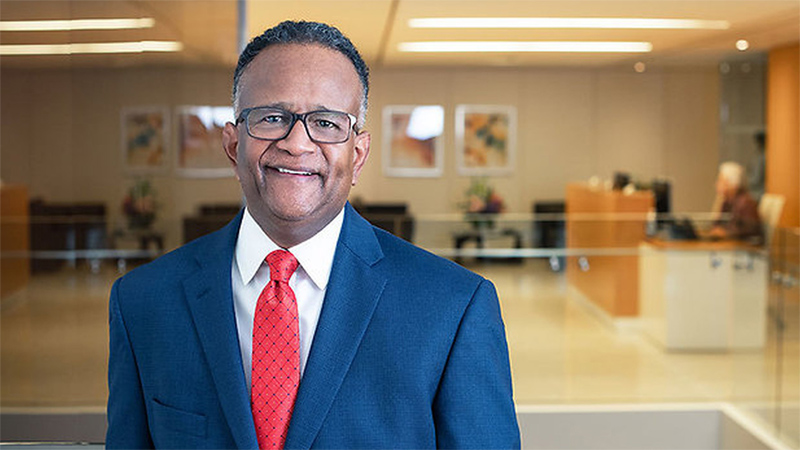COVID-19 Story Tip: Patient Previously Diagnosed with COVID-19 Now Coping with ‘Long COVID’
08/25/2020

As COVID-19 continues to impact the world, health care professionals are finding more patients who were diagnosed with the illness but still are dealing with symptoms long after the initial infection has gone. This condition is sometimes referred to as “long COVID.”
Take for example, H. Russell Frisby Jr., a 69-year-old Maryland man who has had asthma nearly all his life, but has managed to remain active and rarely needed an inhaler. In March of this year, Frisby became extremely tired, started having trouble breathing and couldn’t stop coughing. He went to Howard County General Hospital, a Johns Hopkins Medicine affiliate, where he recorded a fever of 39 degrees Celsius (102 degrees Fahrenheit). Frisby was tested for COVID-19, and the result showed he was infected with SARS-CoV-2, the virus that causes the disease. A CT scan revealed that he also had lung scarring.
With treatment, Frisby began feeling better, and although still short of breath, he was discharged after five days in the hospital. One month later, however, Frisby’s breathing worsened and he was unable to do household chores without feeling winded. Follow-up tests for SARS-CoV-2 proved negative, but his shortness of breath and fatigue persisted.
Sarath Raju, M.D., M.P.H., an instructor of medicine at the Johns Hopkins University School of Medicine and a specialist in pulmonary medicine, is now caring for Frisby as an outpatient through the Johns Hopkins Post-Acute COVID-19 Team (PACT), a multidisciplinary group that helps patients after hospitalization for COVID-19 and treats any persistent symptoms. Through PACT, Frisby receives ongoing care from pulmonary and rehabilitation specialists who are supporting his long-term recovery.
Raju says Frisby’s recovery is challenging — he still experiences the residual effects of COVID-19 more than four months after being discharged from the hospital. With each day, Frisby continues to feel better, but he now needs an array of new therapies, including daily inhalers and an injectable medication to help with his breathing.
Frisby and Raju are available for media interviews to discuss long COVID, from both the patient and physician perspectives.
